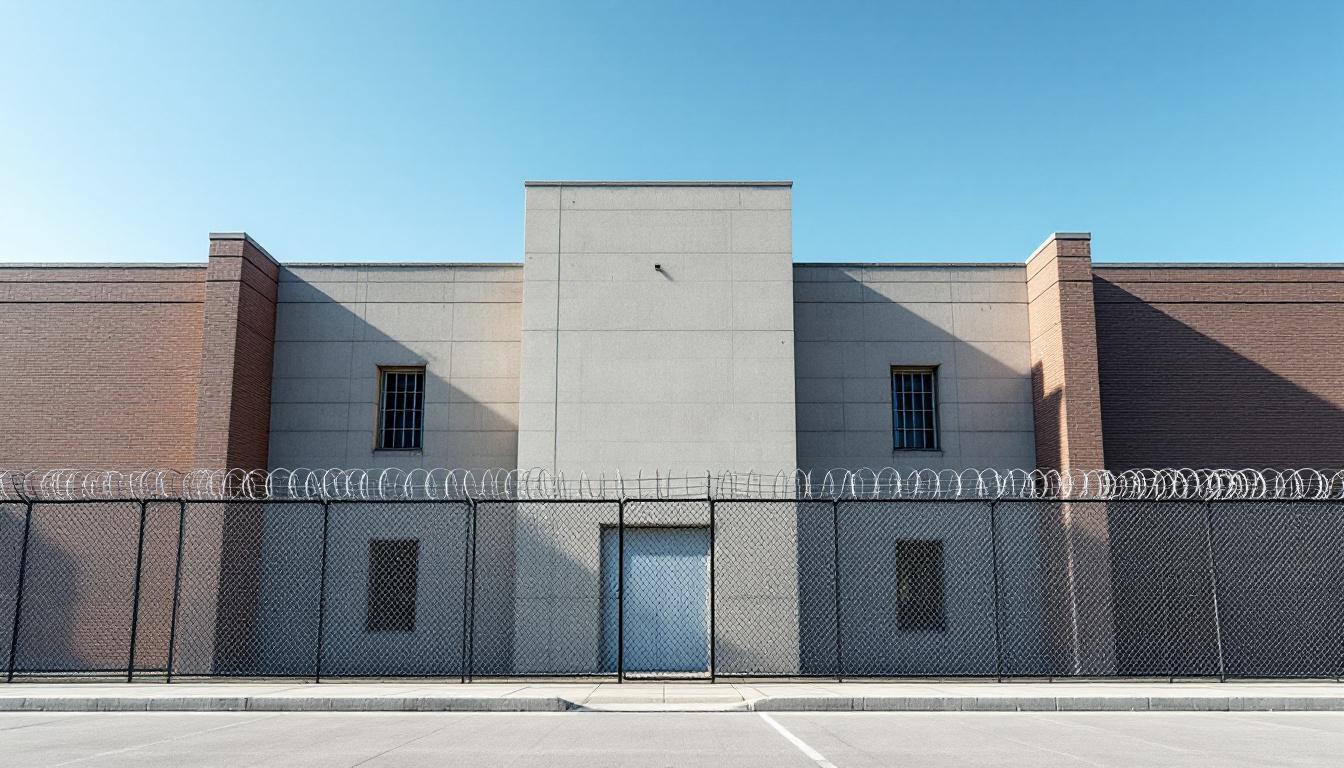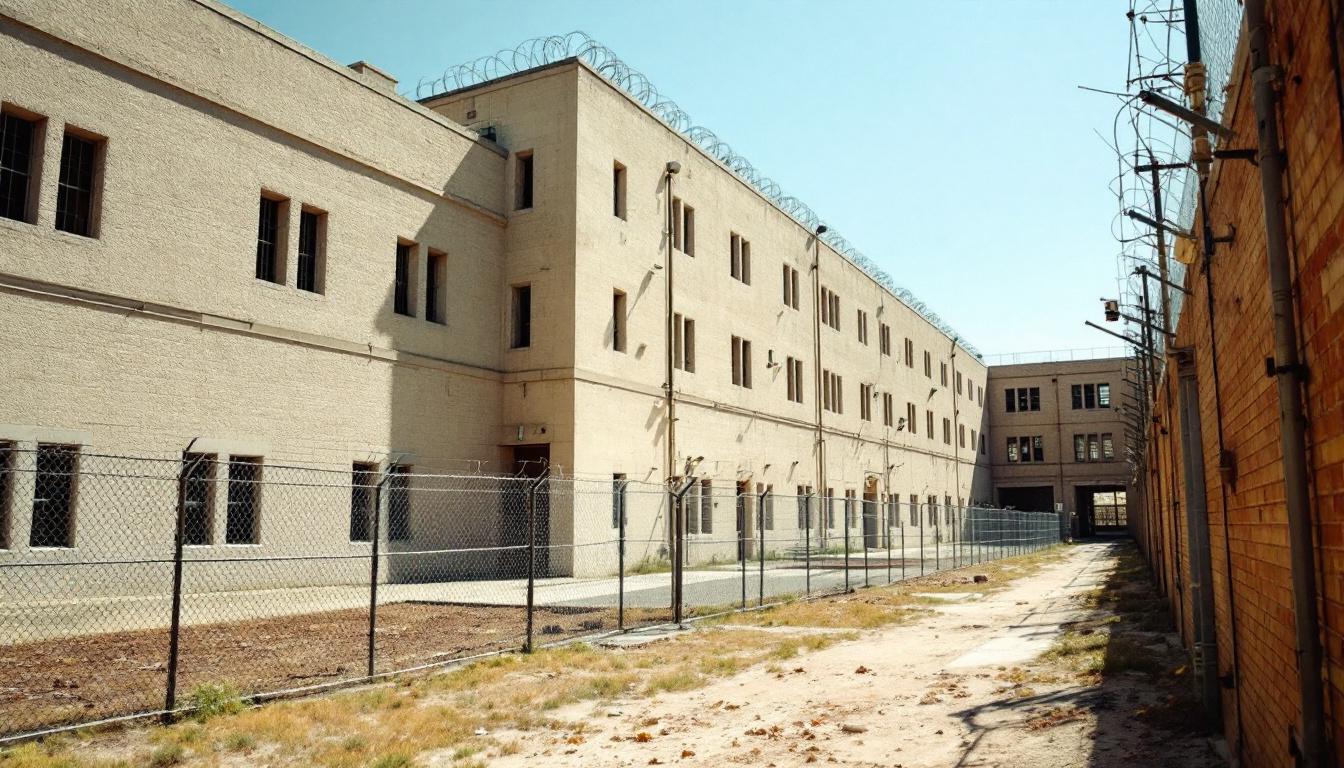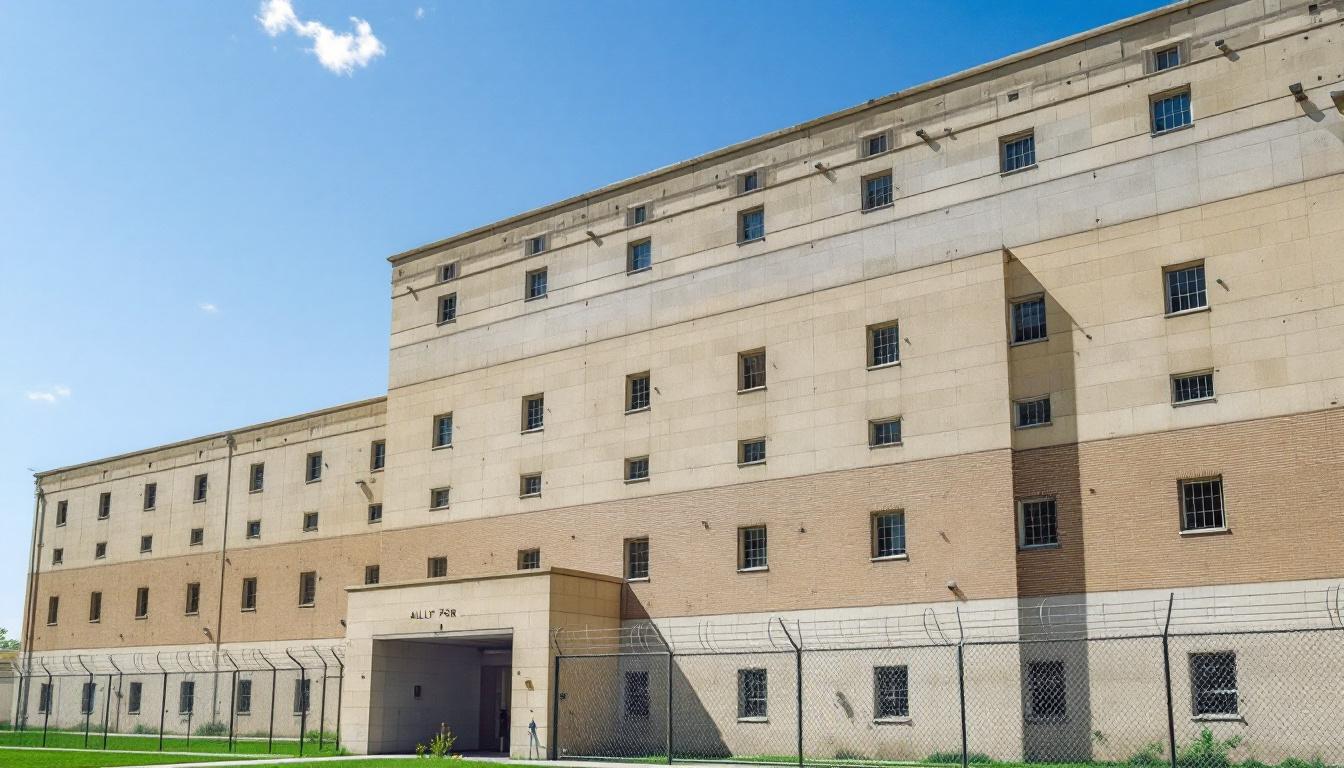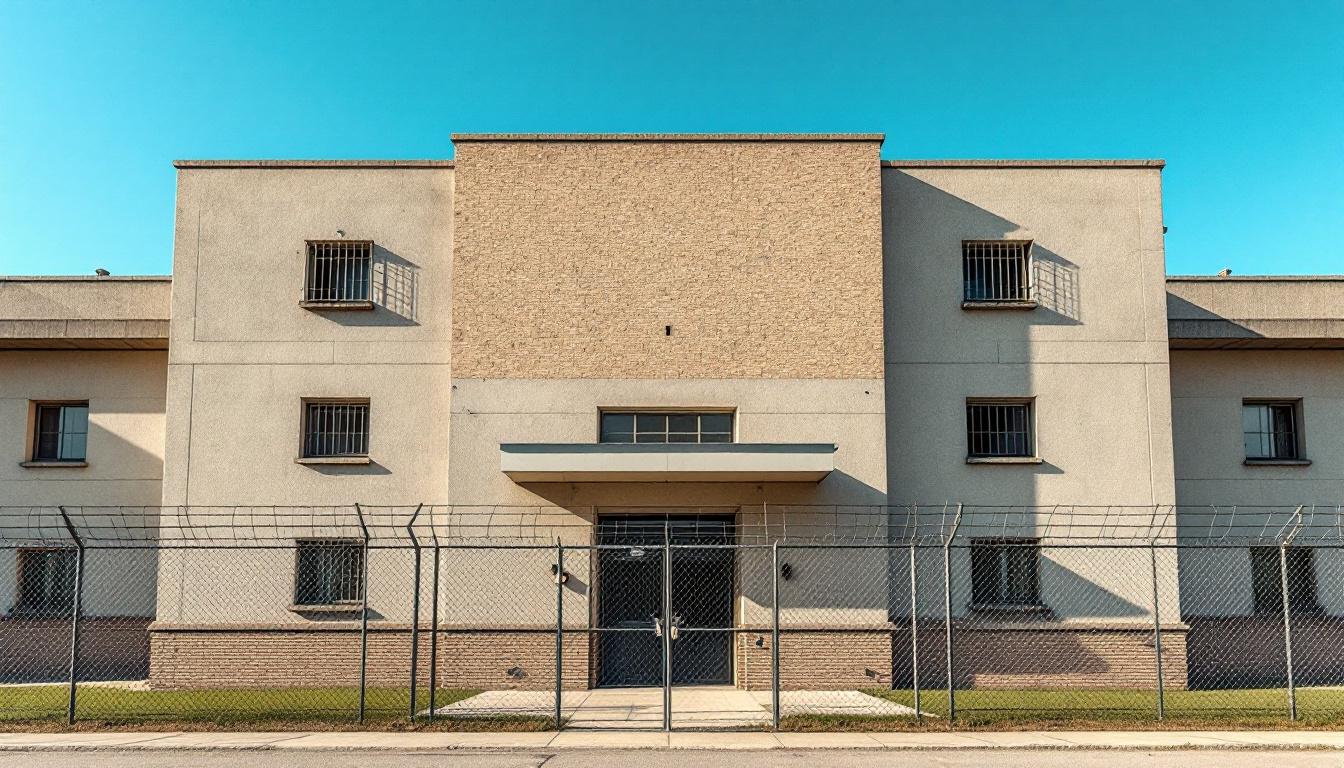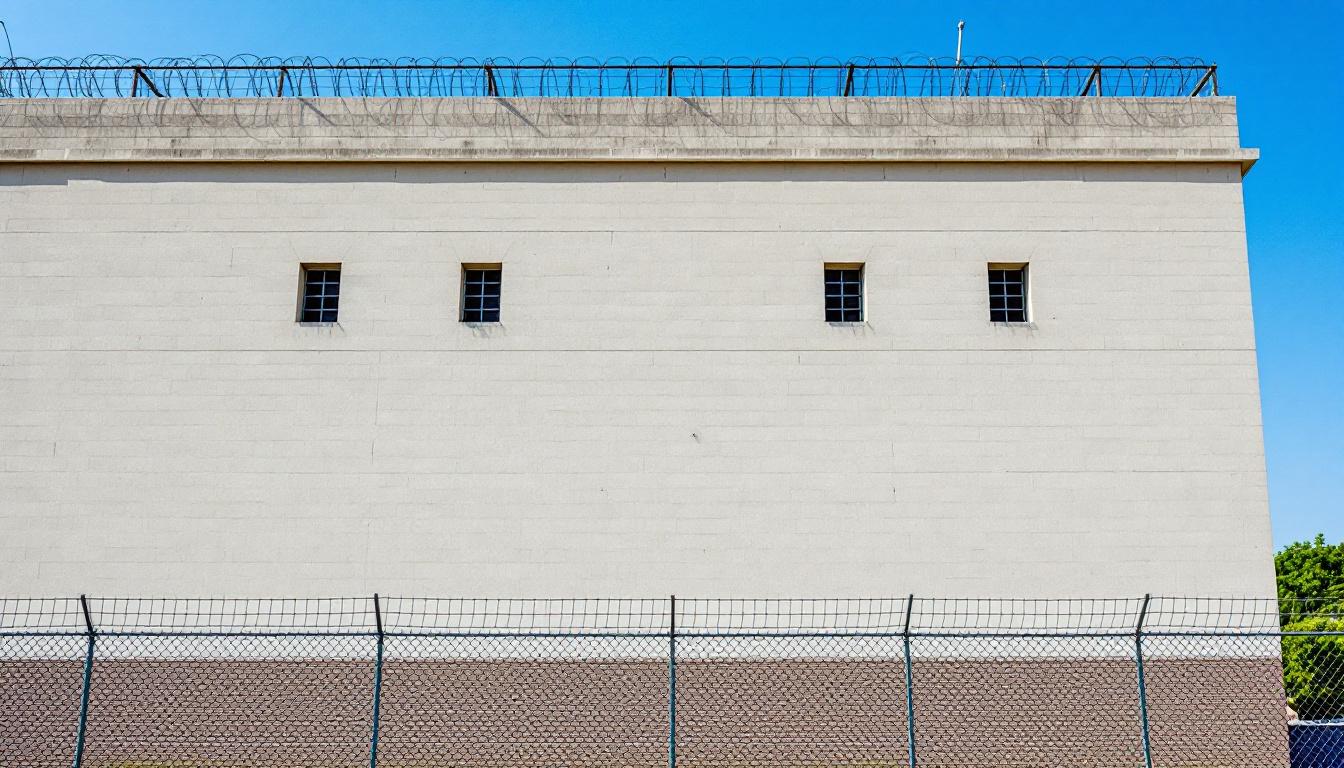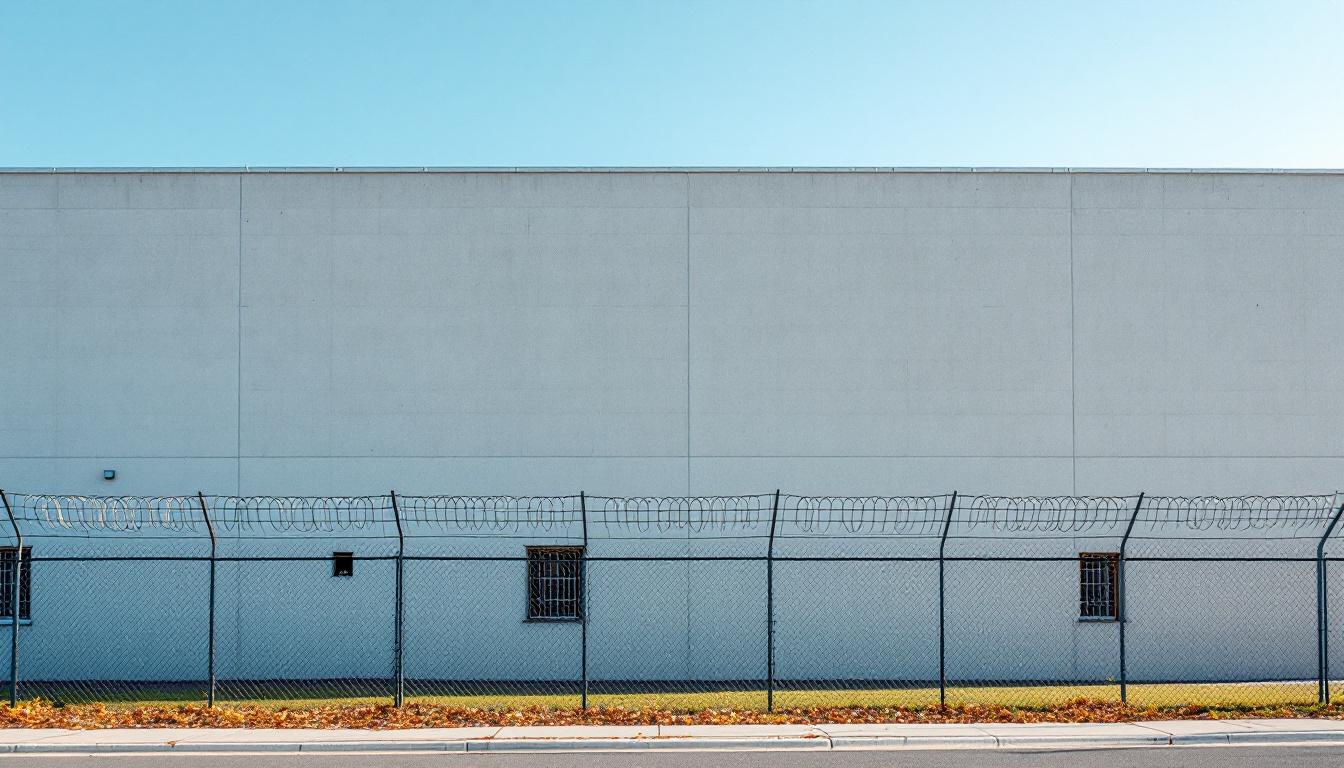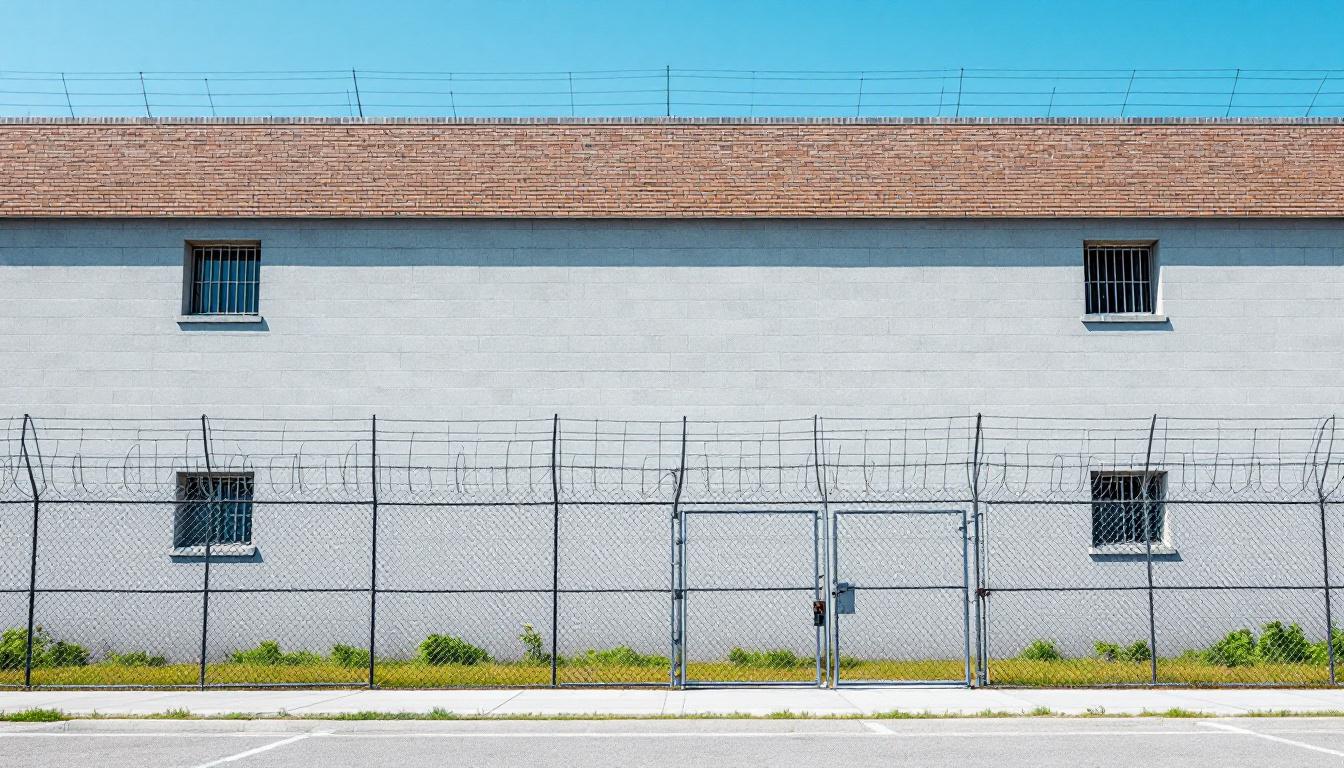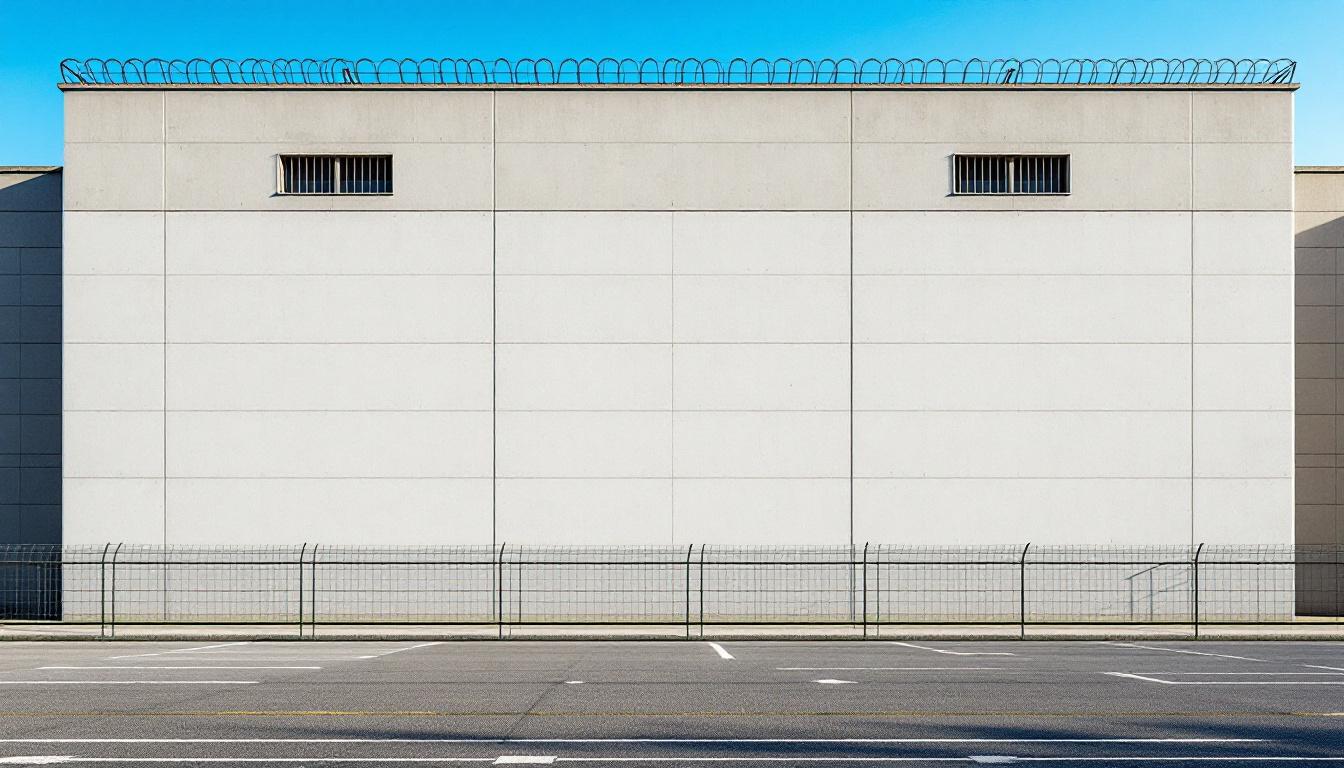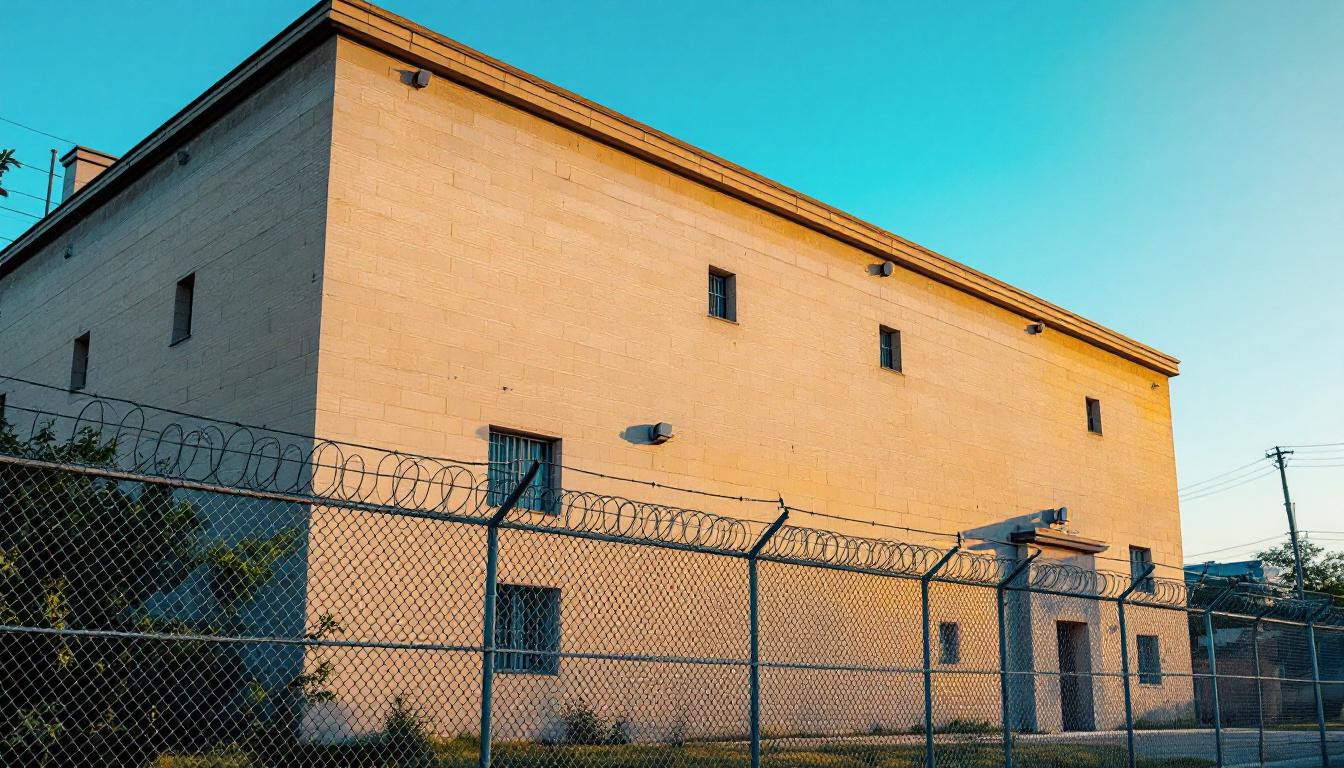
Quick Navigation
How to contact an inmate at Camp MCFP
This comprehensive guide will walk you through how to connect with an inmate at Camp MCFP. Follow the steps below to find an inmate and send letters and photos:
- Search for the inmate using our search tool below
- Create your account or log in to Penmate
- Write your message (up to 6,000 characters)
- Send instantly - inmates receive printed copies daily
Find an Inmate
Search for an inmate to start communicating today
Tip: You can search by first name, last name, or inmate ID number
To contact a person at Camp MCFP start by searching for the person on the official facility website. Perform a search by following these steps:
- Step 1: Enter their first name and last name into the search form and click "Search"
- Step 2: Locate their inmate record
- Step 3: Write down their Inmate ID and any housing information provided
Important! Be sure to enter the person's full name. Nicknames should not be used.
How to Send Messages to Inmates

You can use your phone or computer to send emails, letters, and photos to an inmate. Messages are sent electronically to inmate tablets or kiosks at the facility. If you would like to send a message, start by searching for an inmate at Camp MCFP.
Sending Photos and Postcards

A great way to send love and support to a loved one at Camp MCFP is to send photos and postcards. It only takes a few minutes to send photos from your phone and it makes a huge difference. You can also mail postcards with words of support and inspiration, or design your own postcard for special moments like birthdays and holidays.
Important! Be sure not to send any explicit photos or they may not be approved by the facility. You can also use a photo printing app like Penmate to make sure your photos are printed at the correct size (4x6 or 3x5) and are mailed according to the rules and regulations of Camp MCFP.
Frequently asked questions about Camp MCFP
-
How long does it take to deliver a message?
If you're sending an email message your letter is usually delivered within 24-48 hours. For messages sent via mail you should expect delivery within 3-7 days. All messages will need be approved by Camp MCFP.
-
How much does it cost to send a message to Camp MCFP?
You can send a message free using your phone or mail a message via USPS for the price of a $0.60 stamp and envelope. You can also purchase credits or e-stamps from services starting at $1.99.
-
What services can I use to contact an inmate at Camp MCFP?
Penmate
You can use Penmate to send letters and photos to an inmate from your phone. It's an easy way to stay in touch during your loved one's incarceration. Use the inmate locator to find an inmate's location and contact information, then you can send messages within a few minutes.
Securus messaging
Securus may be another option for communicating with an inmate at Camp MCFP. You can create a friends and family account and purchase credits to send messages. All messages will be reviewed and must be approved by the facility.
JPay
Some county jails and state prisons may support sending messages with JPay. You must register an account with the system, find your loved one, and purchase stamps to send messages. For some locations you can also attach photos.
Smart Jail Mail
You may also check if Smart Jail Mail is available at Camp MCFP. Smart Jail Mail is operated by Smart Communications and has contracted with some state and county jails. After purchasing credits, your messages and photos are sent to the facility, printed out, and then handed out to your loved one.
-
What is the mailing address of Camp MCFP?
Mailing address:
Camp MCFP
1900 W Sunshine St
Springfield, MO 65807
Phone: (417) 862-7041Business hours:
- Monday: 8:30 AM – 3:30 PM
- Tuesday: Closed
- Wednesday: Closed
- Thursday: Closed
- Friday: Closed
- Saturday: 8:30 AM – 3:30 PM
- Sunday: 8:30 AM – 3:30 PM
-
What are the visiting hours at Camp MCFP?
Visiting hours at Camp MCFP vary by housing unit and security level. Generally, visits are scheduled on weekends and holidays, with some facilities offering weekday visits. Contact the facility directly at (417) 862-7041 or check their website for the current visiting schedule. Visits typically last 30-60 minutes and must be scheduled in advance.
-
What items are prohibited when sending mail to Camp MCFP?
Prohibited items typically include: cash, personal checks, stamps, stickers, glitter, glue, tape, staples, paperclips, polaroid photos, musical or blank greeting cards, hardcover books, magazines with staples, and any items containing metal or electronics. Only send letters on plain white paper with blue or black ink. Photos must be printed on regular photo paper (no Polaroids). Always check with Camp MCFP for their specific mail policies.
-
How do I send money to an inmate at Camp MCFP?
You can send money to an inmate at Camp MCFP through several methods: 1) Online using JPay, Access Corrections, or the facility's approved vendor, 2) Money orders mailed directly to the facility with the inmate's name and ID number, 3) Kiosks located in the facility lobby, or 4) Over the phone using a credit or debit card. Fees vary by method, typically ranging from $2.95 to $11.95 per transaction.
-
Can I schedule a video visit with an inmate at Camp MCFP?
Many facilities now offer video visitation as an alternative to in-person visits. At Camp MCFP, video visits may be available through services like Penmate, Securus Video Connect, GTL, or ICSolutions. Video visits typically cost $10-20 for 20-30 minutes and must be scheduled in advance. You'll need a computer or smartphone with a camera and reliable internet connection. Contact the facility for their specific video visitation policies and approved vendors.
-
What identification do I need to visit an inmate at Camp MCFP?
All visitors must present valid government-issued photo identification such as a driver's license, state ID, passport, or military ID. Minors must be accompanied by a parent or legal guardian who can provide the minor's birth certificate. Some facilities require visitors to be on the inmate's approved visitation list, which may require a background check. Contact Camp MCFP for specific ID requirements and visitor approval procedures.
-
How can I find out an inmate's release date?
To find an inmate's release date at Camp MCFP, you can: 1) Use the online inmate search tool if available, 2) Call the facility's records department, 3) Contact the inmate's case manager or counselor, or 4) Have the inmate provide this information during a call or visit. For privacy reasons, some facilities only release this information to immediate family members.
Facility Overview
Official Website

About Camp MCFP
Medical correctional facilities represent specialized institutions within the federal prison system, designed to address the complex healthcare needs of incarcerated individuals while maintaining security protocols essential for public safety. MCFP SPRINGFIELD, MO operates as one such facility, though its designation may create some geographic confusion as it serves the broader Midwest region from its location. This MN correctional facility typically functions within a framework that recognizes healthcare as fundamental to successful rehabilitation outcomes, establishing medical treatment as a cornerstone of effective correctional management.
Throughout the Midwest region's correctional history, facilities like MCFP SPRINGFIELD have evolved to address the growing recognition that untreated medical conditions often contribute to recidivism patterns. The facility generally maintains partnerships with community healthcare resources, creating pathways for continuity of care that extend beyond incarceration periods. These collaborative relationships may include connections with local medical providers, mental health organizations, and substance abuse treatment centers throughout SPRINGFIELD and surrounding Minnesota communities. Such partnerships typically focus on preparing individuals for successful reintegration by ensuring medical stability and connecting them with ongoing healthcare support systems in their home communities.
The population services at this facility generally encompass comprehensive medical care, mental health treatment, and specialized programs designed to address chronic conditions that may have contributed to criminal behavior patterns. Educational components often include health literacy programs, medication management training, and preventive care education that serves both immediate treatment needs and long-term wellness goals. Through these outcome-driven approaches, the facility typically works to reduce healthcare-related barriers to successful community reentry while maintaining the security standards required for federal correctional operations.
Programs & Services
Through comprehensive programming designed to address diverse needs, support reaches the population at MCFP Springfield through carefully structured interventions that prioritize personal growth and successful community reintegration. The facility's approach typically centers on providing multiple pathways for individuals to develop essential life skills while addressing underlying challenges that may have contributed to their incarceration. This supportive framework often includes both individual and group-based programs that encourage participation and foster positive behavioral changes throughout the incarceration period.
Educational programs may supply foundational learning opportunities ranging from basic literacy instruction to high school equivalency preparation, while vocational training typically offers hands-on skill development in various trades and technical fields. These educational initiatives often include computer literacy courses and career readiness workshops that help prepare the population for employment opportunities upon release. Moreover, vocational programs frequently focus on marketable skills that align with regional employment demands, providing practical training that can translate directly into post-release job opportunities.
Support services encompass a broad range of specialized programs designed to address specific population needs and circumstances. Chemical dependency treatment typically provides both individual counseling and group therapy sessions to help participants develop coping strategies and maintain sobriety. Veteran services may offer targeted support for those who have served in the military, while parenting classes often help participants strengthen family relationships and develop effective parenting skills. Religious services frequently provide spiritual guidance and community connection, and barbering/cosmetology programs typically combine vocational training with personal grooming skills that can benefit both participants and the broader facility population.
Daily Life & Visitation

Systematic organization forms the backbone of how the population at MCFP Springfield experiences their daily environment, with structured routines now governing everything from wake-up procedures to evening count times. The facility operates on a carefully managed schedule that typically begins with morning accountability checks, followed by work assignments, meals, and programming activities that supply both structure and purpose to each day. Population members regularly participate in institutional jobs that may include food service, maintenance, laundry operations, or administrative support roles, with these assignments generally rotating based on facility needs and individual qualifications.
Moreover, living accommodations at the facility typically consist of shared housing units where the population resides in cells or dormitory-style arrangements, depending on security classification and available space. Personal property allowances generally include basic clothing, hygiene items, and limited personal effects that can be stored within designated areas. The commissary system usually operates on a scheduled basis, allowing residents to purchase additional food items, hygiene products, and approved personal items using funds from their institutional accounts.
Whereas daily routines supply necessary structure, recreational and family connection opportunities help maintain important social bonds for the population. Exercise periods and recreational activities typically include outdoor yard time, indoor fitness facilities, and organized sports when weather and security conditions permit. Visitation policies generally allow for scheduled family visits, while communication options may include monitored telephone calls and correspondence privileges. Educational and vocational programming often forms part of the structured daily schedule, with various courses and training opportunities designed to support rehabilitation goals and prepare individuals for eventual reintegration into their communities.
Ready to Connect?
Start communicating with your loved one today
Search for an Inmate
